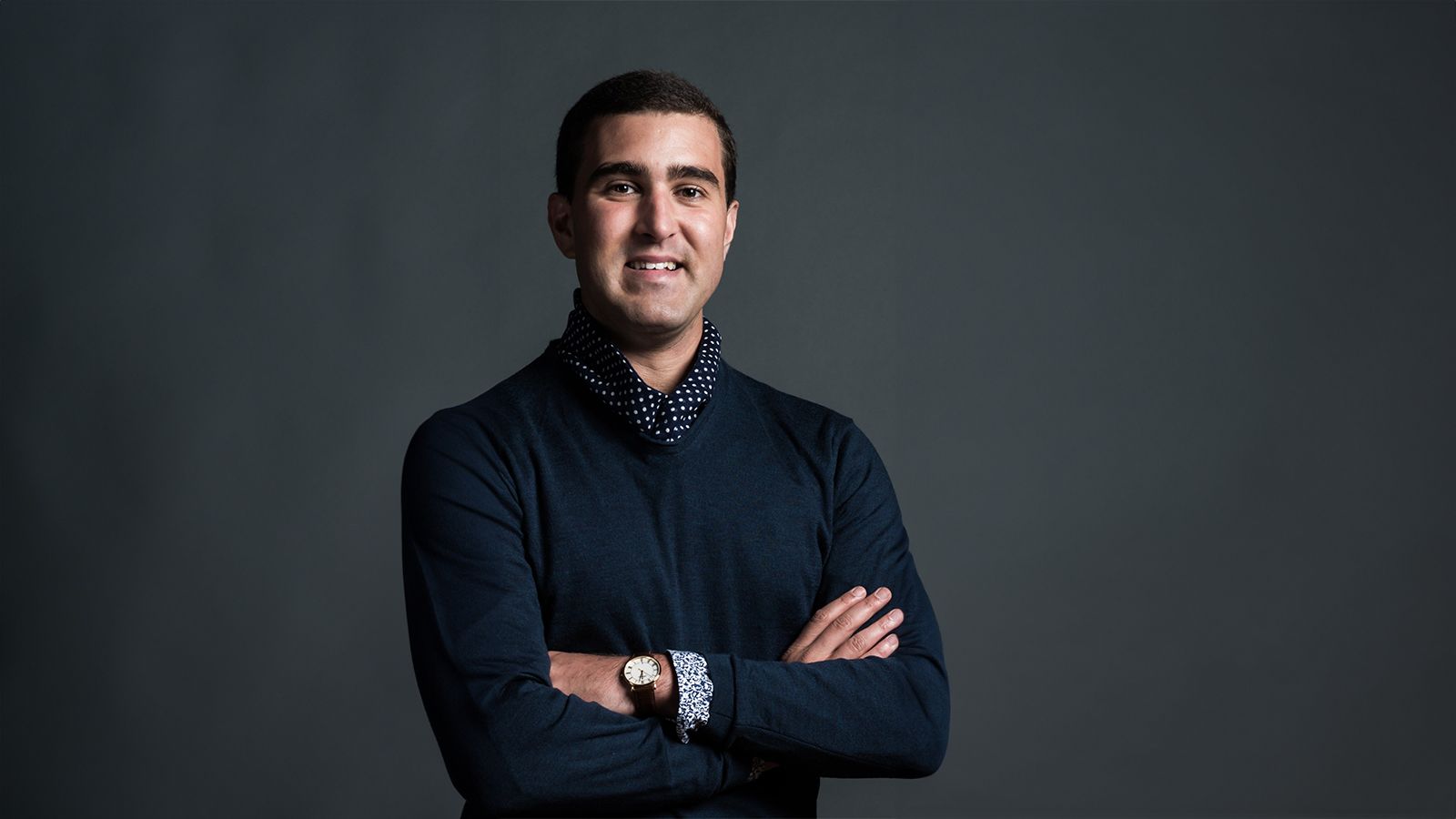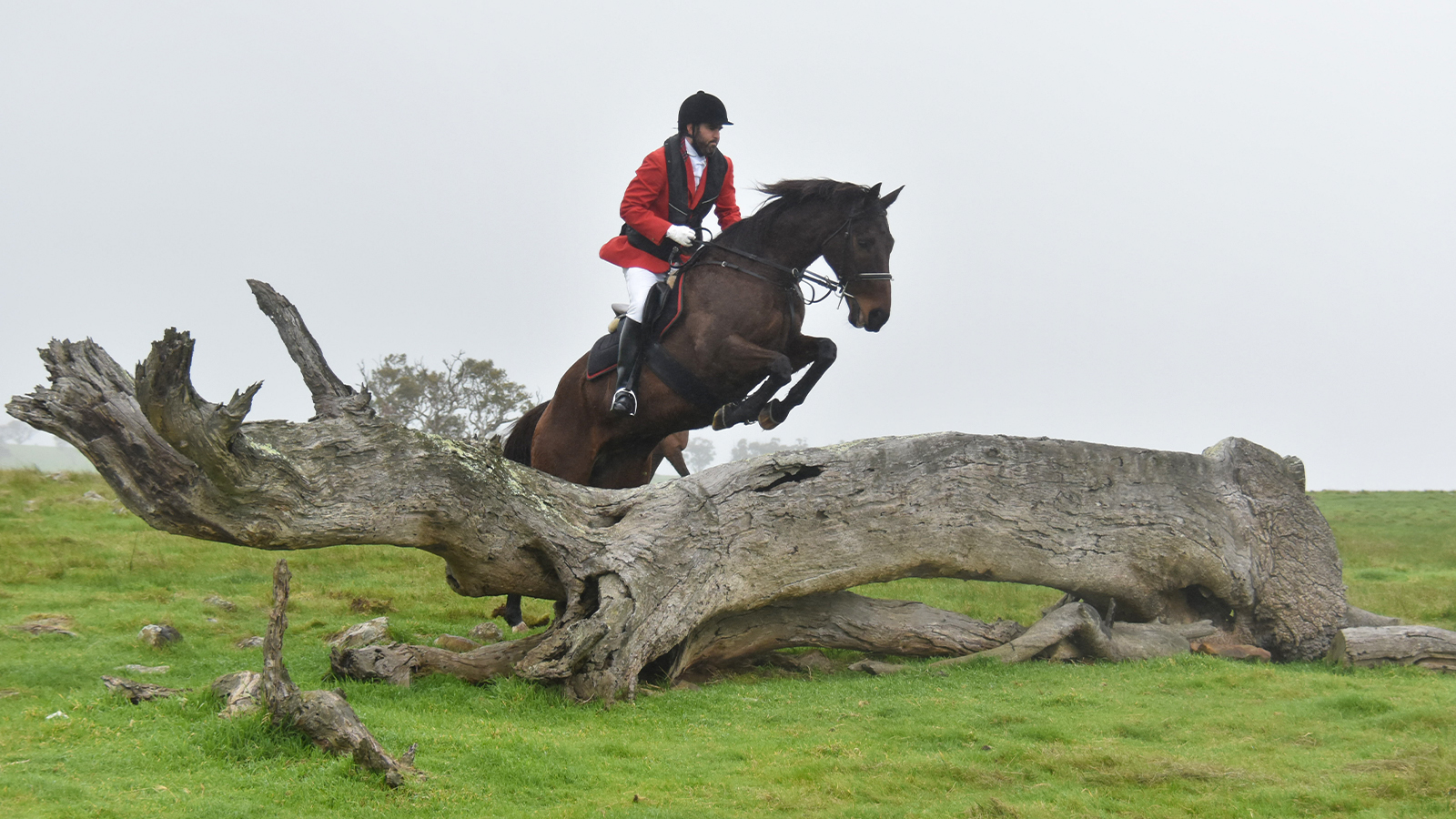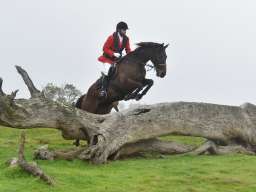Historian Dr Romain Fathi joins ANU CASS

Image supplied.
In the realm of historical research, there are areas that probe deeply into the heart of the human experience; the work of historians focused on the consequences of conflict is one of them. Dr Romain Fathi, stands at the crossroads of memory and history, his research investigates how nations grapple with the legacy of war's human toll. His research spans the solemn fields of battle, examining the final disposition of those who fell in conflict, the shifting commemorations of war between Australian and European narratives, and the remarkable evolution of the Red Cross from its origins on 19th century battlefields to a global force in public health. Through his work, he shines a light not only on the transnational dimension of war and its aftermath but also the enduring impact of these histories on our present understanding of conflicts and humanitarianism.
This expertise has led Romain to the Australian National University (ANU), as a Senior Lecturer in History.
“What interests me is the discipline, the research process and the craft of history, how you make it, how you write it. I'm always happy in a centre filled with archives,” he said.
Romain brings this excitement and curiosity to the classroom, incorporating ‘object-based learning’. By bringing in historical artifacts for students to consider, “mindfully, to literally open the past and consider how we can use objects to better understand what has happened,” he explains this teaching method can provide context to help “understand how and why millions of people died in WWI and how it was radically different to previous conflicts, transforming the twentieth century.”
Romain adds, “By showing x-rays of people coming back from the war with metal inside them, we can embody history as something not just penned in the history books and in the past, but now, we’re able to imagine the actual physical experience that the conflict was for millions of people.”
Romain is a firm believer that studying history can take you anywhere. And history proves he’s not mistaken. Many folks who have gone on to become world leaders have studied history, including the like of Theodore Roosevelt (also president of the American Historical Association, 1912), Woodrow Wilson (also president of the American Historical Association, 1924), Franklin D. Roosevelt, John F. Kennedy, Richard Nixon, George W. Bush, Dwight Eisenhower (who wrote Crusade in Europe, a full history of WWII) and the current US President, Joe Biden. You’ve got, Gordon Brown (Prime Minister of Great Britain) and closer to home, former Prime Minister, the Hon. Julia Gillard who graduated with an Arts/Law degree and is now an Honorary Visiting Professor in the University of Adelaide’s Faculty of Arts, where she contributes to the fields of History and Politics.
“It’s one of these core, really universal disciplines that trains you to think critically, to write and communicate clearly, so beside the content that you may learn on any specific historical context, whether you look at the Aztecs, WWI or the Nazis, there are some commonalities in the training that you receive and that can take you anywhere from many role in the public service, to the GLAM (gallery, library, archive, and museum) sector, media and industry” he notes.
“History is a bit of a toolbox in what it brings to you and the ability that it provides to people to think about a problem through time through an evidence-based process” Romain says.
Further commenting, “We often think that these are unprecedented times, but these are the least favoured words for a historian because you can always draw parallels from the past. We don't need to reinvent the wheel all the time, History can provide a more integrated, fulsome way of thinking of the current issues that others may have faced in the past and how they result or didn't result.” Perhaps this is why so many PM’s studied History.
If you spend time with Romain, you’ll also find he is also keen horse rider. “For millennia humans maintained a deep connection to and relationship with horses. In this day and age, with modern technology, horses and humans have grown further apart, but to me what they can do and how they behave remains one of nature’s most beautiful spectacles,” he says. As Romain embarks on his journey at ANU, he is poised to leave a mark on both the trails of the bush capital and the pages of history.

